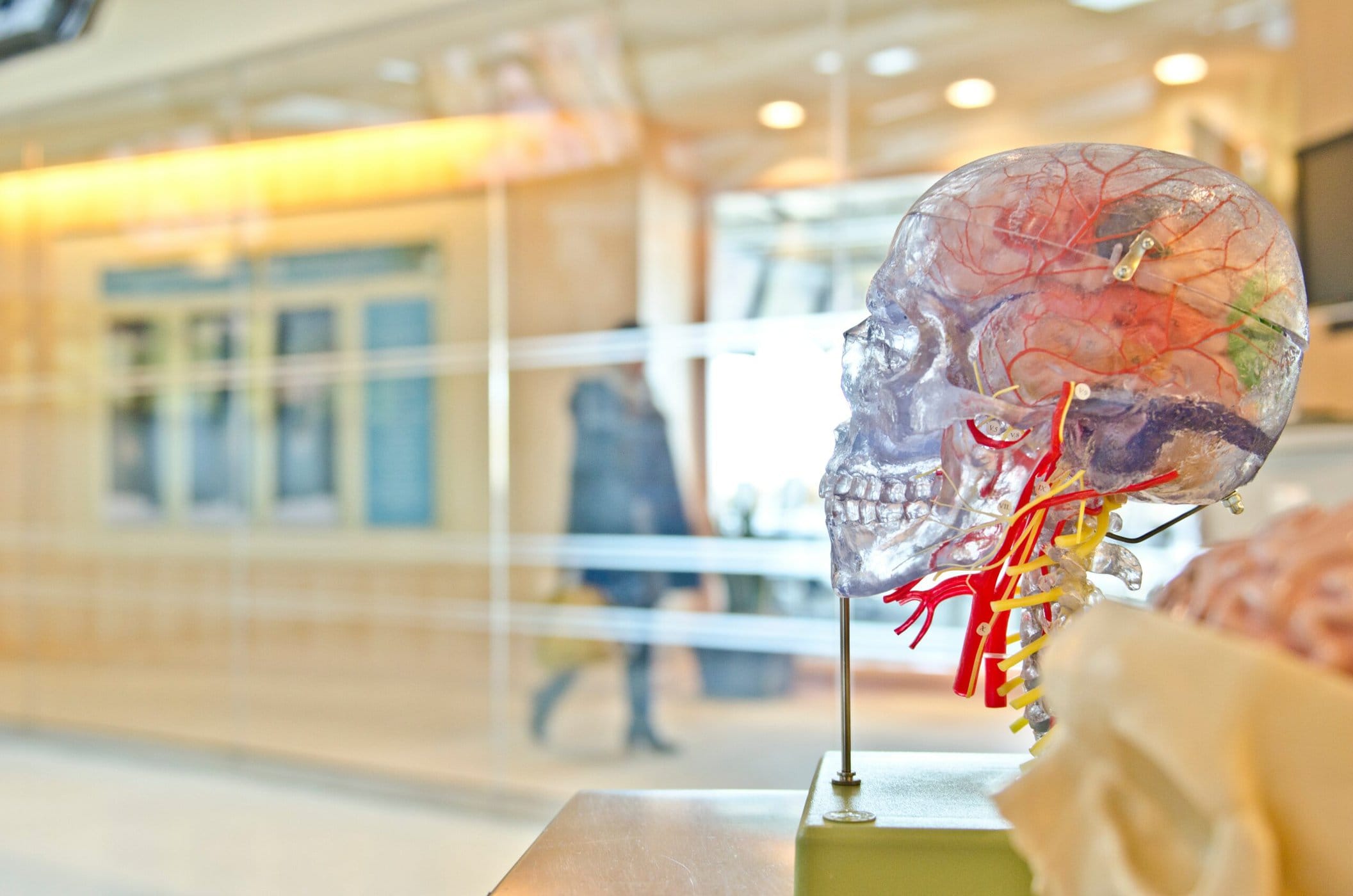Addiction to any substance, but specifically alcohol, exerts a powerful influence on the brain that manifests in three main ways: craving for the substance, loss of control over its use, and the continual involvement despite the knowledge of its consequences. It’s not enough to “just say no” or to even be able to control that urge. There are many aspects that can alter a person’s ability to come out of that addiction, such as medication, psychotherapy, and self care.
Genetics
While there are certain hereditary traits can make a person more prone to addiction, no one is born with the intent to develop an addiction. Genetically speaking, studies have shown that about 40-60% of susceptibility to addiction is hereditary.
The Brain Chemistry
When looking at the brain chemistry of someone who is addicted to a substance versus someone who is not addicted, there are distinct differences in their brain chemistry. It starts out with the pleasure principle. The brain distinguishes all pleasures in the same way, regardless of what type of encounter that pleasure is coming from. When the brain experiences pleasure, the brain releases the neurotransmitter dopamine in the nucleus accumbens, which is a cluster of nerve cells that lie beneath the cerebral cortex. The release of dopamine is one of the main reasons that we, as humans, repeat behaviors that make us happy or feel good. Since our brain cannot distinguish between “good” versus “bad” pleasure, our brain won’t tell us to stop using the substance. It will only increase our want to engage in whatever that behavior is.
The learning process for someone who is addicted is also different from someone who isn’t. When looking at the process of someone who is addicted to a substance, the hippocampus and amygdala come into play more so than normal. These parts of the brain store information about the environmental cues that are associated with the desired substance. These memories help create a conditioned response or intense craving for that substance.
Due to these changes in the brain, those who suffer from any type of addiction show physical and measurable changes in areas of the brain that are critical to judgement, decision making, learning and memory, and behavior control. These changes within the brain are one of the main reasons and explanations for the compulsive and destructive behavioral patterns that are often witnessed on those who suffer from an addiction. It can also explain the behaviors due to cravings. Cravings are often described as painful, constant, and distracting. That person may not be able to stop seeking out the drug, no matter what the consequences are. This cravings can be especially heightened in a person who may be in withdrawal.
The Liver and the Brain
Not only is the brain affected by alcohol addiction, but other parts of the body are highly affected as well. The liver is one of the main organs that can be drastically damaged by alcohol consumption. Prolonged liver dysfunction which is also known as liver cirrhosis can harm the brain, due to the disorder commonly known as hepatic encephalopathy. This can cause changes in sleep, mood, and personality. It is also very common within those suffering from anxiety or depression. In the most serious cases, the patient may slip into a coma which can be fatal.
Once again addiction is not a choice. It is not a moral failing or character flaw that categorizes you as a bad person. Just like any illness, addiction is caused by biology, environment, and other factors. There are many ways that addiction can be treated, however shame and punishment are not suitable cures or treatments. Seeking treatment for alcohol addiction can be hard but ultimately it is one of the bravest decisions a person can make.
At Go Sober, we believe in medical treatment for alcohol use. We even offer free consultations and other tools if you or someone you know is struggling with alcohol usage. Contact us today with any questions you may have regarding us or alcohol treatment. We are here to support your journey to sobriety. Let us help you gain your life back.


0 Comments